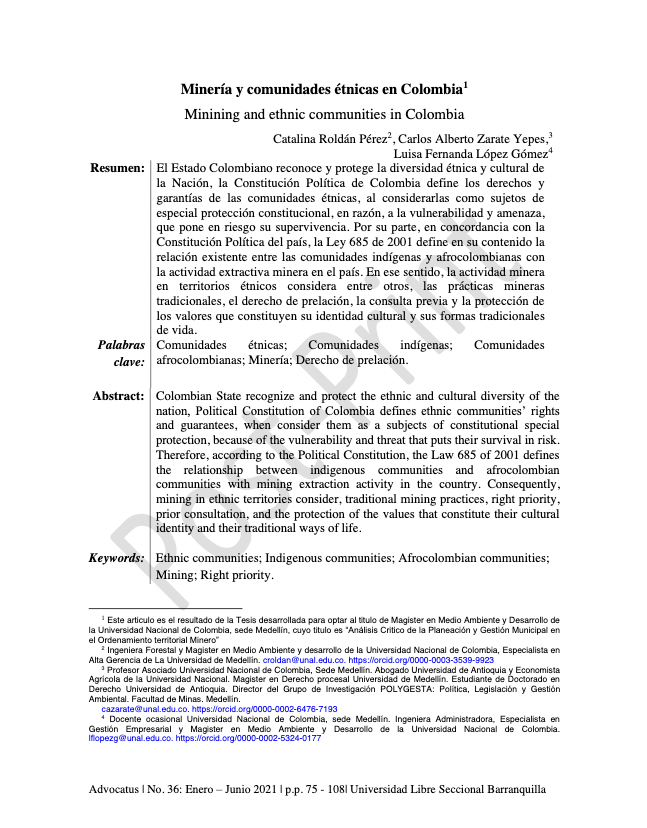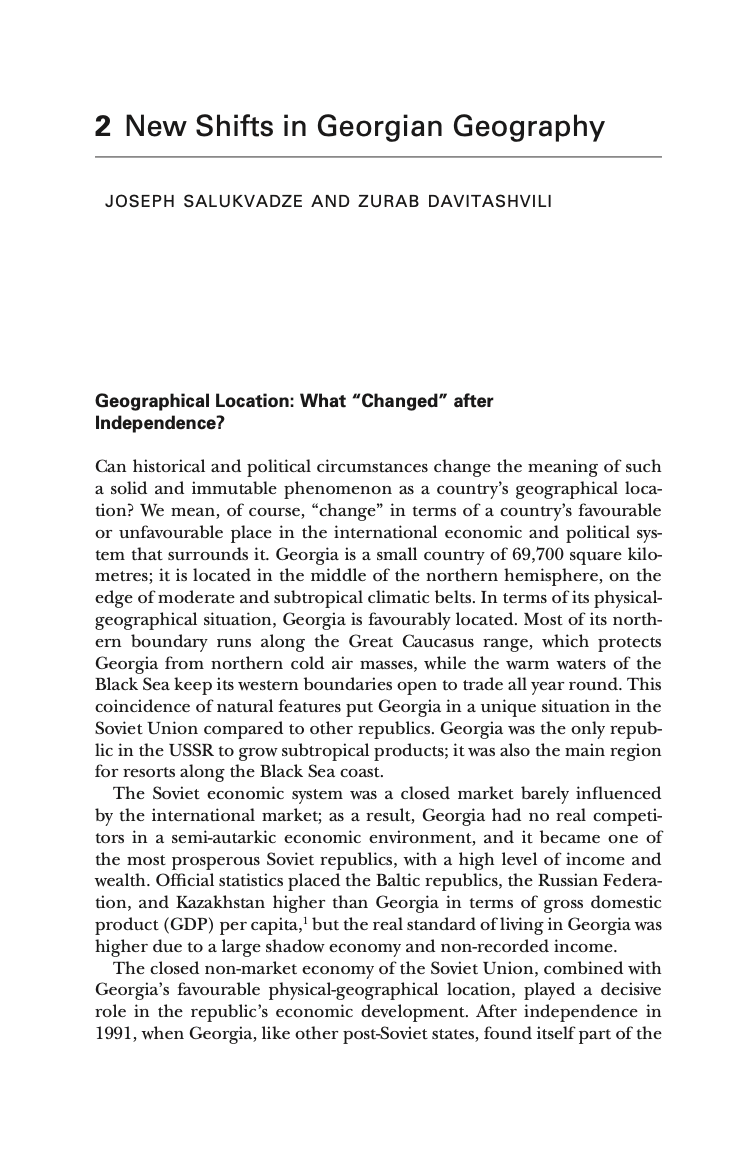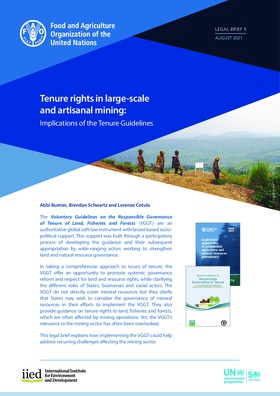Global Land Outlook
The second edition of the Global Land Outlook (GLO2), Land Restoration for Recovery and Resilience, sets out the rationale, enabling factors, and diverse pathways by which countries and communities can reduce and reverse land degradation by designing and implementing their bespoke land restoration agenda. Land restoration for recovery and resilience is about creating livelihood and development opportunities for people simply by changing the way we use and manage our land resources.






